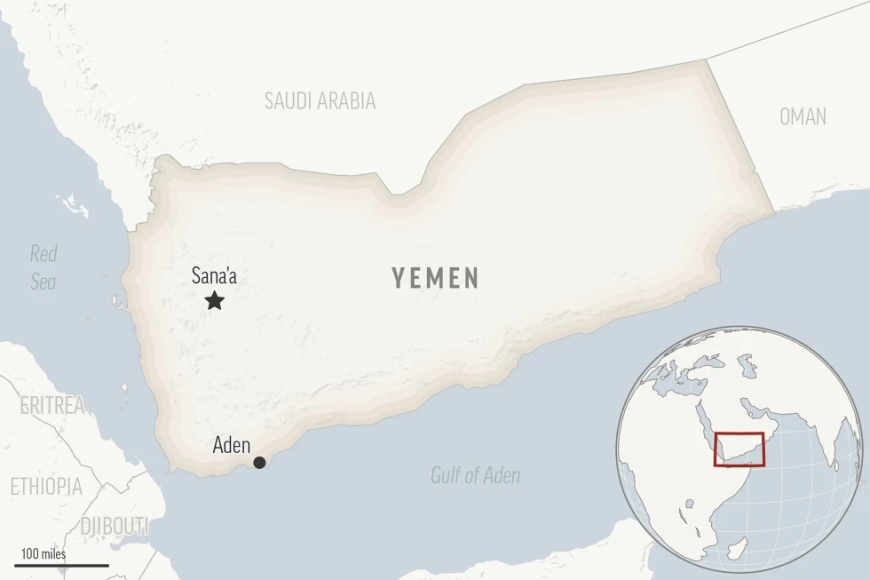Tragedy Off Yemen Coast: Migrant Boat Sinks, Leaving 49 Dead and 140 Missing
A devastating maritime tragedy occurred off the coast of Yemen on Monday as a boat carrying migrants sank...........


A devastating maritime tragedy occurred off the coast of Yemen on Monday as a boat carrying migrants sank, resulting in at least 49 confirmed deaths and 140 individuals reported missing. The U.N.’s International Organization for Migration (IOM) provided these grim details on Tuesday.
The ill-fated vessel was transporting approximately 260 Somalis and Ethiopians from northern Somalia across the Gulf of Aden—a perilous 320-kilometer (200-mile) journey. According to the IOM, the boat sank off Yemen’s southern coast, and rescue operations are ongoing. Thus far, 71 survivors have been rescued from the wreckage. Among the deceased are 31 women and six children.
Yemen serves as a critical transit point for migrants from East Africa and the Horn of Africa who are aiming to reach Gulf countries in search of employment. Despite enduring nearly a decade of civil war, Yemen has seen a significant increase in migrant arrivals. The number of migrants tripled from about 27,000 in 2021 to over 90,000 in 2023, according to IOM data. Currently, there are around 380,000 migrants in Yemen.
The journey to Yemen is fraught with danger, as migrants often rely on smugglers who transport them in overcrowded and unsafe boats across the Red Sea or the Gulf of Aden. This latest incident echoes similar tragedies, such as the two shipwrecks off Djibouti’s coast in April, which claimed at least 62 lives. The IOM reports that at least 1,860 people have died or gone missing along this migration route, with 480 victims drowning.
IOM spokesperson Mohammedali Abunajela emphasized the need for collaborative efforts to address the migration crisis and ensure the safety of those undertaking these perilous journeys. "Monday’s sinking is another reminder of the urgent need to work together to address migration challenges and ensure the safety and security of migrants along migration routes," Abunajela stated.
This incident underscores the severe risks faced by migrants and highlights the critical need for comprehensive solutions to mitigate such tragedies and support those driven to make these dangerous crossings in search of better lives.
Apr 20, 2025 378
Apr 20, 2025 391
Apr 20, 2025 398
Apr 19, 2025 514
Apr 17, 2025 924
Apr 15, 2023 25.1k
Feb 15, 2023 24.7k
Apr 15, 2023 23k
Mar 30, 2025 2.9k
Mar 31, 2025 2.8k
This site uses cookies. By continuing to browse the site you are agreeing to our use of cookies.


